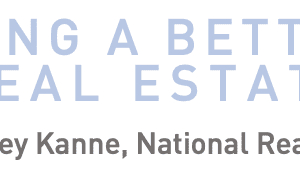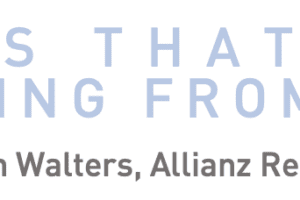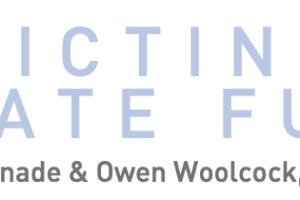AFIRE News

Charlotte Kang and Emily Chadwick of JLL’s Hotels and Hospitality group discuss how ESG practices in the hospitality sector can be instructive for all asset classes.

Jeffrey Kanne, President and CEO of National Real Estate Advisors, discusses how technology developed to combat climate change will transform the built environment as well.

Max LaVictoire, Principal at Hodes Weill & Associates, discusses his recent article in AFIRE’s Summit Journal about how secondary offerings for existing funds have evolved from a defensive move to a more strategic option for managers and investors.

Megan Walters, PhD, Global Head of Research for Allianz Real Estate, shares her latest insights on European office markets that are well positioned for growth. Based on her recent article in AFIRE Summit, the best cities are not always the obvious choice.

In the current era of globalization, failures of governance, investment, and development can no longer be easily swept under the rug.

Two years after offices closed in the US due to the COVID pandemic, the debate over the long-term future of the office continues. What should office investment look like going forward?

As a labor-intensive and service-oriented asset class, hospitality is uniquely positioned to be a leader in advancing sustainability goals for investors.

Parag Khanna, founder of FutureMap, discusses how cities will always be the center of our shared future—and what this means for investors, building users, and communities.

While continuation vehicles in real estate were once viewed as a signal of delay or failure, market sentiment is rapidly changing.

As an increasingly popular asset class for institutional investors, single-family rentals are supported by strong future demand drivers to propel sector outperformance.

The US is in the middle of one of the biggest housing crises that the country has ever seen. A more resilient approach to housing will be critical as inflation pushes rents ever-higher.

US garden apartment investments are offering outsized return potential—but access remains a challenge.

Be careful about advice you hear from surveys— it will not always play out as expected.

Allianz Real Estate “Cities That Work” study applies a current office sector outlook to understand what makes London, Stockholm, Berlin, Amsterdam, and Paris the top cities for office investment.

Except during two World Wars in the first half of the last century, when troops were deployed overseas, the US working age population has never declined. As of 2021, that statement is no longer true.

The new 2022 AFIRE International Investor Survey Report reveals future institutional investment trends as the pandemic transformed preferences for how we live, work, and play.

Beginning with this issue of Summit, we are adding a new dimension to the journal: the voice of our inaugural editorial board.

Summit Journal, the official, award-winning publication of AFIRE, seeks the latest ideas, research, forecasts, and thought leadership for Summer 2022.

In this episode, Rajeev Ranade, Partner at Climate Core Capital, and Owen Woolcock, Partner at Climate Core Capital, discuss their recent Summit Journal article about the future of climate change and its effects on real estate.

The 2022 survey, conducted in Q1 2022 and underwritten by CBRE and Holland Partner Group, reveals institutional insight and intent towards future real estate investment.
